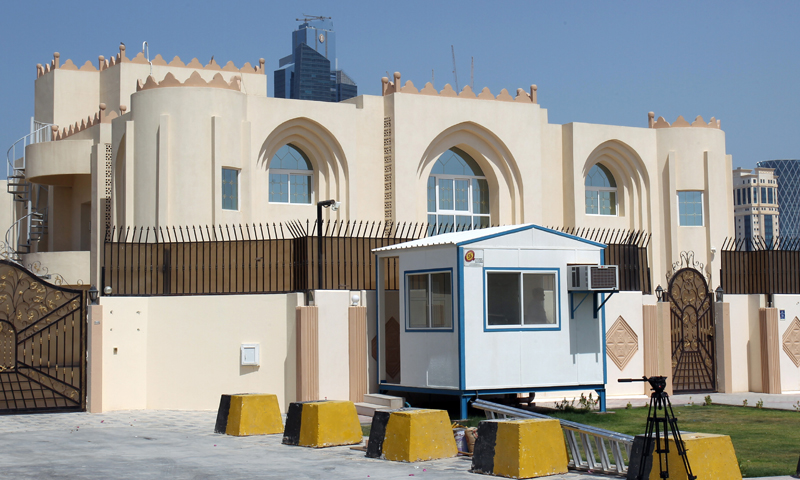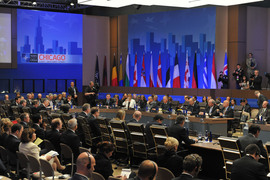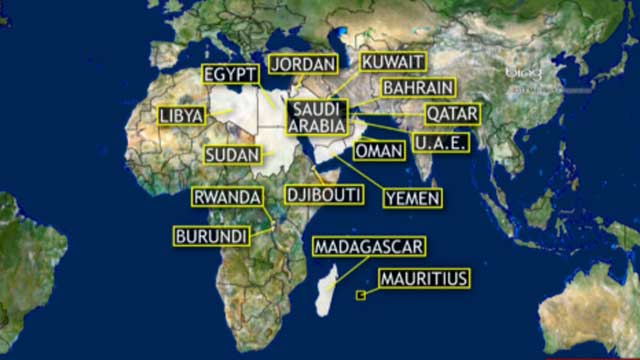In less than a month, there has been a lot of attention to the opening, and subsequent temporary closing of the Taliban office in Doha. The office, used as the headquarters for negotiations with the Taliban, was opened in June when a list of preconditions that had been stalling peace talks were dropped by Washington. According to the Guardian, one of the preconditions that was dropped is the formal rejection of ties to Al Qaeda by the Taliban. Something that was once viewed as essential prior to coming to the table, has since been downgraded to “negotiating aim” and no longer a necessity.
Similarly, another precondition that has been dropped in an effort to recommence deliberations is the end of violence perpetrated by the Taliban, where officials openly stated that they will continue their fight. This has been made evident by recent, high profile Taliban attacks on the presidential palace and the July 2nd suicide bombing attack on a NATO supply company’s compound in Kabul. In fact, a Taliban official openly praised the July 2nd attack as “highly effective” as it was able to embarrass the enemy.
The closing of the Taliban office has now been closed temporarily, continued attacks by the Taliban and Washington’s unwillingness to stand firm on matters of Afghan and international security, make it difficult to remain optimistic about future peace talks. The American officials and politicians continuously state their confidence in this approach, though analysts and scholars in the region have been noticeably sceptical, and rightfully so.
Many have argued that the reason for the Afghanistan peace talks is because there is no other option. There is a need for an Afghan peace, with the end of the NATO’s combat operations in June of this year, and subsequent withdrawal of combat forced by the end of the 2014. For many, negotiating with the Taliban is the only thing left to do in an attempt to secure a peaceful future for Afghanistan. The problem is that nothing is ever done well when your back is against the wall. NATO, the ISAF mission, and the United States, are no longer in a position of strength when it comes to the Taliban and Afghanistan. The simple fact of the matter is that the West is leaving that country. For that reason, the Taliban are not going to take them seriously.
Military officials who have experience in Afghanistan share these concerns as well. Critizing the negotiations with the Taliban, British General Nick Carter, who served in Afghanistan said that they have come over a decade late, and should have begun in 2002 when the Taliban was ousted from power. At that point, the insurgents were faltering and the US was clearly in a position to negotiate a peace on its terms, whereas, the same cannot be said for today.
Others in the field have also echoed similar views. In an interview with The Atlantic magazine, Ryan Evans from the New America Foundation stated that the US only started to engage in talks once Obama had already announced the US withdrawal of combat forces from Afghanistan. As Evans states, the US and its allies have already begun withdrawing troops at a fevered pace, something that has limited the influence they could have in the talks with the Taliban. The Taliban currently hold most of the cards, and for that reason they realize they can’t be forced into any agreement, especially not one that is unfavorable for them.
Time is currently on the side of the Taliban. This goes back to some of the basic theory on revolution and insurgency, which states that the insurgent has time on its side in a way that conventional armies do not. In the case of Afghanistan, power has been handed over to the Afghan security forces. That, combined with uncertainty about the level of commitment they will receive from the Allies post-2014, means that the Taliban’s position is strong.
In all, we have generously bestowed a position of power on the Taliban, one that they do not deserve due to their continued violence and general lack of care for the wellbeing of their people. With statements such as the one given in response to the July 2nd attack about attempting to embarrass their enemies, I can only wonder why it’s difficult to see that the Taliban clearly do not want to negotiate. They view NATO and the US their enemy, not a negotiating partner. We condemn their attacks, yet we continue to bend to accommodate the attackers by refusing to play a firm hand. History has shown us that this type of “peace” would never be successful. This might be the only thing left to do try and secure a peaceful Afghanistan after 2014, but in my opinion, we are doing it wrong.




